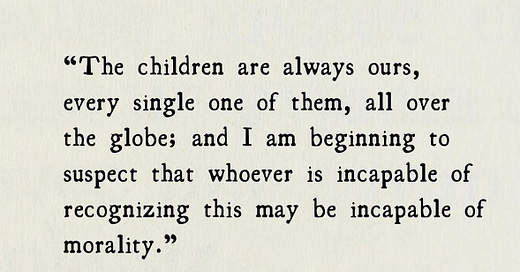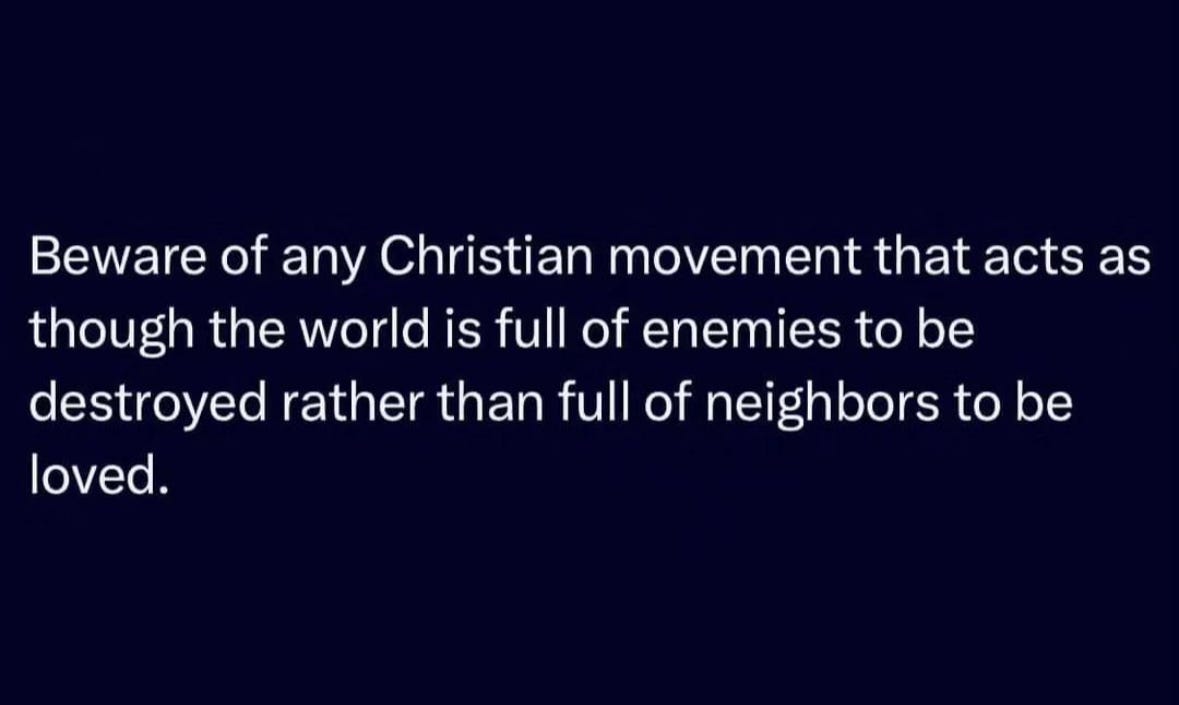Yesterday was a first for me. On Friday the 13th, I didn’t find myself feeling afraid or forming superstitious beliefs. Instead, I was firm in faith, hopeful to be a steady and supportive presence for a student who absolutely needs and deserves it.
Yesterday, I sat in on my first juvenile trial. Well, as I write that, I remember attending one before in high school when my best friend at the time committed a horrendous act of violence against another student. It’s interesting how we can forget certain moments until they suddenly resurface. Anyway, it was my first Zoom juvenile trial, and I was there in full support of one of my students—such an amazing kiddo, so kind, so willing, so helpful, and yet so hurt and in need of repair. I didn’t want to overstep my bounds. I didn’t want him to feel like he owed me the opportunity to be in that space. I just wanted him to know he wasn’t alone and that I believe in who he is beyond his worst mistake. Thankfully, he and the staff welcomed me in with open arms and full hearts.
As I entered the room with my student and two other staff members from our county’s juvenile justice center, I could see him doing all he could to stay cool, calm, and collected, holding it together as best as a 14-year-old can. When I looked into his eyes, I could feel his trepidation. I saw the emotion he was working so hard to suppress—the tension of expecting the worst while hoping for the best. I saw him as a child in a very adult and intense situation. I saw a child simply wanting to be loved, to be free.
It doesn’t matter what this student has done. I mean, it might, because our behavior often reflects deeper issues—the roots of our pain, our longings for love, trust, and care. I’m honestly not even 100% clear on what his offense was, and yet I am 100% clear that he deserves another chance, that he deserves to be released from the center, and that he absolutely deserves care. We are so much more than our worst mistakes. And when you factor in an adolescent brain still developing, a lack of role models for healthy emotional processing, and the failure of systems that are supposed to support him, it’s clear to me that this child simply needs help.
As I settled into my chair and the clock neared 3:30, we locked eyes and found our breath, me guiding him to breathe and hopefully showing with my presence, “I’ve got you. We’ve got you. You can trust me.” Then, the Zoom session began. The prosecutor, the judge, and his family joined the virtual space. He sat still and stoic, listening and awaiting his fate. Would he be able to go home after the amazing progress he’s made? Not just in our sessions, but as recognized by the entire staff, teachers, and team. All of us were rallying behind him with such hope. Or, would he have to continue serving time in detention? What would this trial bring?
I had to remember to breathe, especially when I heard the brief yet brutal words from his parents, saying they didn’t want him to come home. They didn’t want the very thing he was hoping for with all his heart—to return, to reunite, to be resourced in love and forgiveness, something every child deserves and needs.
I don’t know much about his parents. But in our sessions, he’s shared things that deeply concern me. For one, he told me he was taught never to talk about, feel, or admit to having emotions. His childhood was filled with punishment if he expressed feelings. In one session, where we focused on emotions, he shared that he was indoctrinated into this belief—that emotions were to be suppressed, not felt. I also hold space for their beliefs, including mindsets, attitudes, and spirituality. I remind my students that we’re part of something vast, loving, and just. Regardless of what we call it, this force only wants us to be free. For him, this can be confusing, especially since his parents identify as Christians. Growing up in a similar environment, I can relate to the confusion of reconciling love and judgment. He’s told me about times when he called home, only to have the phone hung up, or even worse, hearing his mother tell his sister to hang up when they realize it’s him. So, when I heard his parents say they didn’t want him home, it jolted me—it hurt me—and I could see the devastation wash over his body.
The work I do with these kids isn’t just about meeting them where they are now. It’s also about repairing past disappointments and traumas they’ve endured. As developing humans, their hearts and minds are so impressionable. That’s why the adults around them must be accountable, responsible, and aware of what they say and do. But we know how difficult that is, and how cycles of harm continue because they’re all too familiar. Yet, in my weekly sessions, I’m reminded of their resilience. I witness their curiosity and their wonder—why do we do that? Why have we normalized this? What are we willing to do differently?
They give me hope. They give me faith. And my God, can we, as older generations, return that hope and faith to them too?
There was so much alive in that room, but the biggest thing for me was how much this child needs and deserves love—and how his own parents were unwilling to meet him there. That feels like the opposite of Christianity to me. It feels like withholding God’s love. It feels like violence. And it’s a widespread issue, far beyond that Zoom call. It’s alive in so many places—people who wear badges of identity but bypass the true embodiment of what that means.
The call ended with him realizing he wouldn’t be going home. The three of us in the room surrounded him with love, gave him space to process, and allowed his questions and confusion to flow. We became his checks and balances, his buffer, his hope. He will likely end up in foster care, and from there, transition to independent living. He will have to learn how to live as an adult, even though he’s still very much a child. And he won’t have to do it alone, because he has me and the entire staff of the JCC at his back, at his sides, and with him at every hopeful opportunity.
In time, I’m sure more emotions will emerge, and more confusion will come. I’m willing to sit with him through those times. I’m willing to bite my tongue so he can speak, and to use my discernment to know when it’s time to share my thoughts. I’m open to continuing to build trust with him. He even said it himself—how can he trust his parents to care for him when, time and again, they push him away? We had no answer, but we did have validation, support, and such love for who he is and all he will continue to be.
So maybe you’re asking why I’m sharing this with you today. The answer is love. How often do we walk through the world with ideas of love, yet in real-time, we bypass and forget to allow that energy to lead, guide, and exude? Why do we trap ourselves and each other in worst-case scenarios, behaviors, and addictions, losing sight of the roots—the systemic and familial failures, the humanness, and all its depths and divinity? Why do we push away when we all just need to open our arms and hearts to love?
I see it in my own patterns. I’ve lived it in my own story, with my family pushing me away in my most urgent times of need. In the absence of care, I’ve found myself at home within, reclaiming the power to love myself from the inside out. But I know we still need that outside-in kind of love too. We all do. It’s woven into our DNA, just like trauma. We just have to decide which parts of us will remain alive, and which parts will guide our lives.
Working with these students, I learn so much about myself and the world around me. There’s great work to do, and if we don’t do it, future generations will suffer from our lack of accountability and compassion. To those who wear faith-based badges and hold God-like beliefs, please check in with your patterns, your politics, and how you treat those most forgotten. Is that truly godlike? Is that really the premise of what you believe?
The work I do is all about breaking the cycles that perpetuate harm and creating new pathways that guide us back to our hearts, to our freest selves. It’s not a journey I can walk alone. I need us all stepping into formation, in whatever capacity and shape feels right for you. As long as it’s love, as long as it’s kindness, as long as it calls us toward one another and not out into shame and isolation, then I believe the future for these kids will be even more fruitful, even more faithful, and even more free. And for me, that’s more than enough to meet this next breath and take the next step. I hope with all my heart you can join me.





